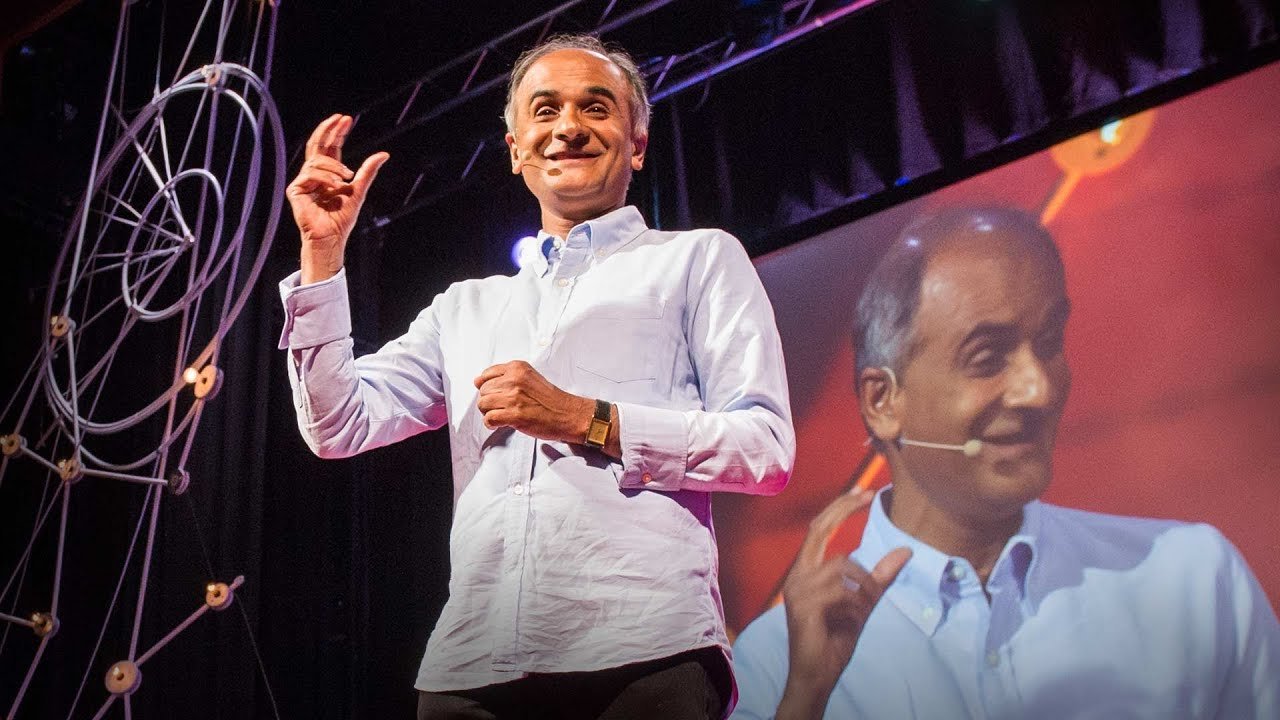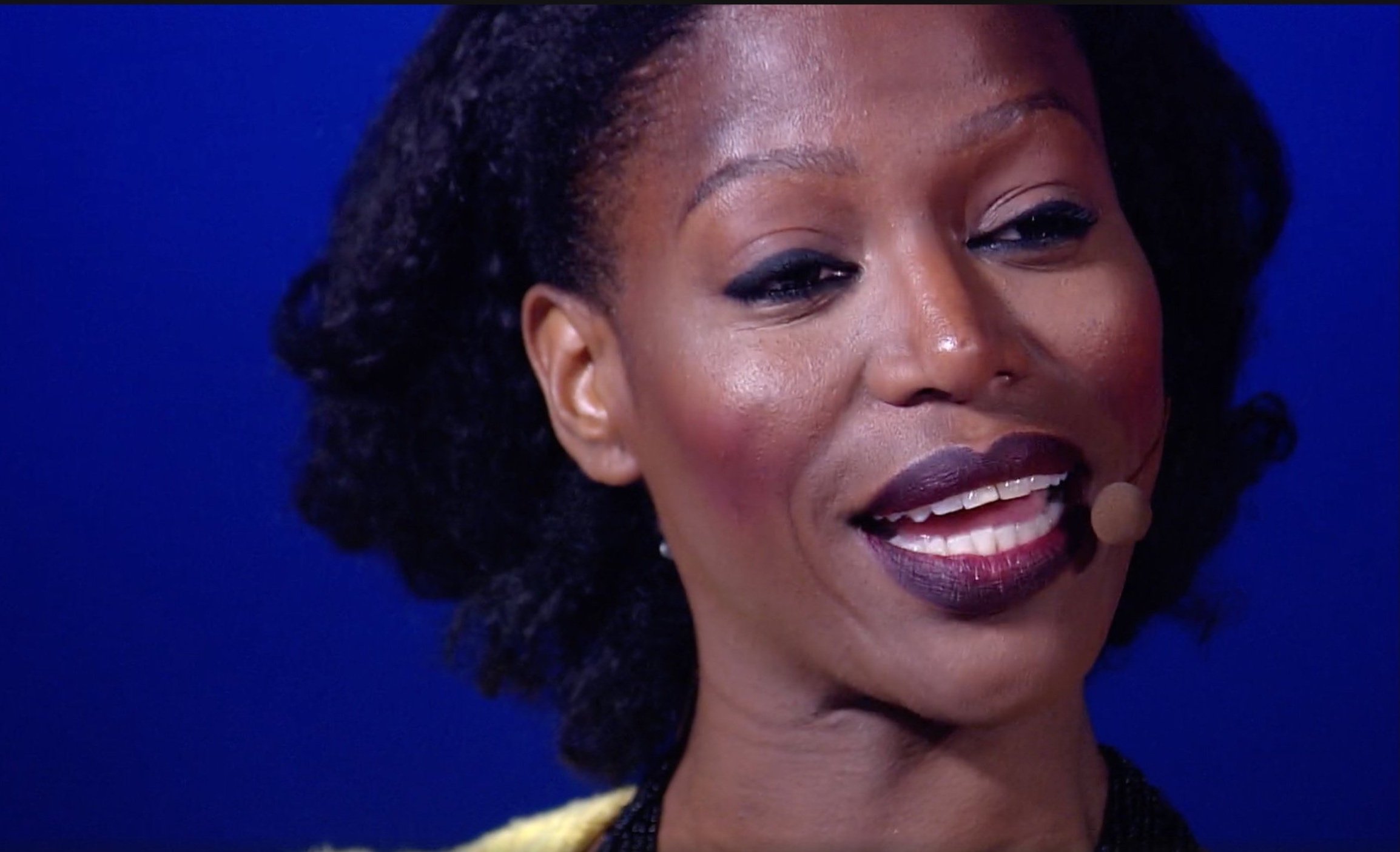Where Are You From?
Every once in a while, a gem of a story comes along that I feel compelled to share. Some articles that I come across or talks that I listen to engage me for being authentic and insightful, fresh and thought-provoking.
Nowadays, I am drawn to stories, mostly first-person accounts, examining and giving new meaning to the notion of home. Such stories touch me at the core, and I find them resonant with my life-stage or circumstances.
My current life-stage can probably be defined as: (1) retired way before 60, (2) almost an empty-nester, (3) living in a country outside my birth or passport country, (4) seeking significance.
Here are three talks from TED.com that made me reflect on the essence of home.
Where is Home? | Pico Iyer | TED Global 2013 | 3.6M views
Acclaimed writer Pico Iyer has 100% blood and ancestry rooted in India but never lived a day of his life there. As a “permanent alien” of the USA, he says he feels more alien the longer he lives there.
In this talk, Pico suggests other questions to “Where are you from?” I chuckled as he said: “Does this mean where do you pay your taxes? Where do you see your doctor or dentist?”
I didn’t know there are so many people like me whose contact details of dentists or hairdressers have been carried over for years and years despite frequent country and phone changes.
After three years of not travelling, we went to Melbourne in March to visit potential universities for my son. It felt romantic and I had an “aha” moment as I described travelling as our common “language of love.”
No wonder what Pico said resonated with me as he expressed: “Travel for me is a little bit like being in love, because suddenly all your senses are at the setting marked ‘on.’ Suddenly you are alert to the secret patterns of the world.”
He also offered insights on the youth. “Younger people are much more multi-cultured… They have one home associated with their parents, another associated with their partners, a third where they happen to be, a fourth connected to the place they dream of being. Home for them is a work-in-progress. It’s like a project on which they are constantly adding upgrades, improvements and connections.”
Pico drives home the point that “where you come from now is much less important than where you are going… Home is not just the place where you happen to be born. It’s the place where you become yourself.”
He extols the value of stillness: “It’s only by stopping movement that you can see where to go. And it’s only by stepping out of your life and the world that you can see what you most deeply care about and find a home… For more and more of us, home has really less to do with a piece of soil than, you could say, with a piece of soul.”
As a serial expat raising a family overseas, Pico’s characteristics of home echoed what I have come to learn— that home is where the heart is. My husband often encourages us to keep still and listen to that small voice inside. As I relinquish my only child, Daniel, to Australia for university studies, I hope he crystallises what is truly important to him and he discovers his authentic self in a fresh new environment.
About Pico Iyer: A British-born essayist and novelist known chiefly for his travel writing. He won a King’s Scholarship to Eton and then a Demyship to Magdalen College, Oxford, where he was awarded a Congratulatory Double First with the highest marks of any English Literature student in the university. Since 1982 he has published 15 books, translated into 23 languages, including long-running sellers Video Night in Kathmandu, The Lady and the Monk, The Global Soul, The Open Road and The Art of Stillness. He writes up to 100 articles a year for Time, The New York Times, The New York Review of Books, the Financial Times and more than 250 other periodicals worldwide.
Don't ask where I'm from, Ask where I'm a local | Taiye Selasi | TED Global 2014 | 3.4M views
How does one answer the question, “Where are you from?” Taiye Selasi reframes the question to “Where are you a local?”
Born in England, Taiye grew up in the US but when she tells people this, they persist “Where are you really from?” All experience is local. She says, “A place is really a set of experiences. Our experience is where we’re from.”
Taiye provides a framework for answering the question, offering 3Rs that define where one is a local:
Rituals – what are your daily rituals, e.g. making coffee, driving to work, saying your prayers, taking off shoes before going into a house, etc. In what city do shopkeepers know your face? Where else are your rituals familiar? This may be why you feel at home when you visit other parts of the world.
Relationships – who are the people who shape your days? To whom do you speak to at least once a week? These are not your Facebook friends, they are those you feel most at home with. We are local where we carry out our rituals and relationships.
Restrictions - where are you able to live, what passport do you hold? How temporary or permanent is this situation? This has a significant bearing on where you are now or where you want to be. And I might add that you need to be at peace with the country(ies) where you hold passports as not doing so is a major stressor.
Having worked and lived in six countries in the past 30 years, and picking up a British passport then a British husband along the way, I realise that I too made a home wherever I was/am based on rituals, relationships and restrictions. It’s a tool that guides me as I make sense of my transient world. Whether it is dipping my fruit in bumbu rujak or nam pla wan, or finding friends to go to Sunday mass with and sharing a meal afterward just to laugh at the week we just had, or finding an Iyengar yoga studio in my new home city and going to classes regularly such that the teacher knows my name, or actively showcasing the best of Philippine food and decor in international school events, or crying at Lady Diana’s, Prince Philip’s and Queen Elizabeth’s funerals, all these give me colour and make me feel at home wherever I may be.
About Taiye Selasi: A British-American writer and photographer. Of Nigerian and Ghanaian origin, she describes herself as a "local" of Accra, Berlin, New York and Rome. Born in London and raised in Boston, she holds a BA in American Studies from Yale and an MPhil in International Relations from Oxford. In 2005, she published the seminal essay “Bye-Bye, Babar (Or: What is an Afropolitan?),” sparking a movement among transnational Africans.
What makes you special? | Mariana Atencio | TEDxUniversityofNevada | 20.8M views
Mariana describes how, as a Venezuelan child at 7 years, she and her younger sister were sent to a summer camp in Brainerd (Minnesota) where no one spoke Spanish. They asked her if she knew what a hamburger was and if they went to school riding a donkey or canoe.
For the first time, Mariana felt different, and it hurt. But she excused the ignorance behind the questions as she could see people were not being mean. They were just trying to understand who she was, in reference to the world they knew.
“When you are different, you have to work at belonging,” states Mariana. “You have to be really helpful, smart, funny, anything to be cool for the crowd you want to hang out with.”
Mariana talks about other personal experiences and says, “When you label someone as different, it dehumanises them... they become ‘the other’.” She states that the first step in becoming more inclusive is recognising our blind spots.
She talks about embracing her own difference. In an auction at high school in the US where each senior had to pitch their own talent, she offered a Shakira dance tutorial “Whenever, wherever, we’re meant to be together.” It proved very popular. “I didn’t feel different, I felt special.”
Mariana’s observations and lessons about differences and commonalities have helped her succeed as an immigrant and journalist. “Embracing what makes you different is the first step in appreciating what makes others special.”
A year before my British father-in-law passed away, we shared breakfast in the kitchen of his home in Scotland. “I can see that you make Ferg happy,” he said to me. “I was worried that after his divorce, he wouldn’t re-marry. But it is important to have companionship as you grow older.” I sat still and smiled.
“You know, Ferg is different,” he said. I asked him, “What do you mean?”
In the long silence that passed, I understood. My husband was the only one in the family who did not live in the UK, nor expressed any desire to go back. He had an international career that took him to seven countries in 35 years. Then he married me, a “foreigner” of Asian descent. I knew that my being such pulled him even farther and that I made him more “different.”
I did not press for an answer from my father-in-law because I understood. Although he did not utter the word “special” there was deep affection and contentment in his tone and body language. When I told Fergus the story, he said he was happy that his father had closure and peace with regards to his son’s life and choices. It was a special moment.
About Mariana Atencio: An American television host, author and motivational speaker who was formerly a correspondent for MSNBC and NBC News. Atencio is a native of Venezuela and holds a Master's degree from the Columbia University Graduate School of Journalism. She is included in the HBO series Habla Now.
So if I were asked again “Where are you from?” my response would be: “How much time do you have? Can I send you my blog post?”
Roxanne | ws
Images: TED.com
Watch videos: Where is home? Pico Iyer | Don’t ask me where I’m from, ask me where I’m local Taiye Selasi | What makes you special? Mariana Atencio









